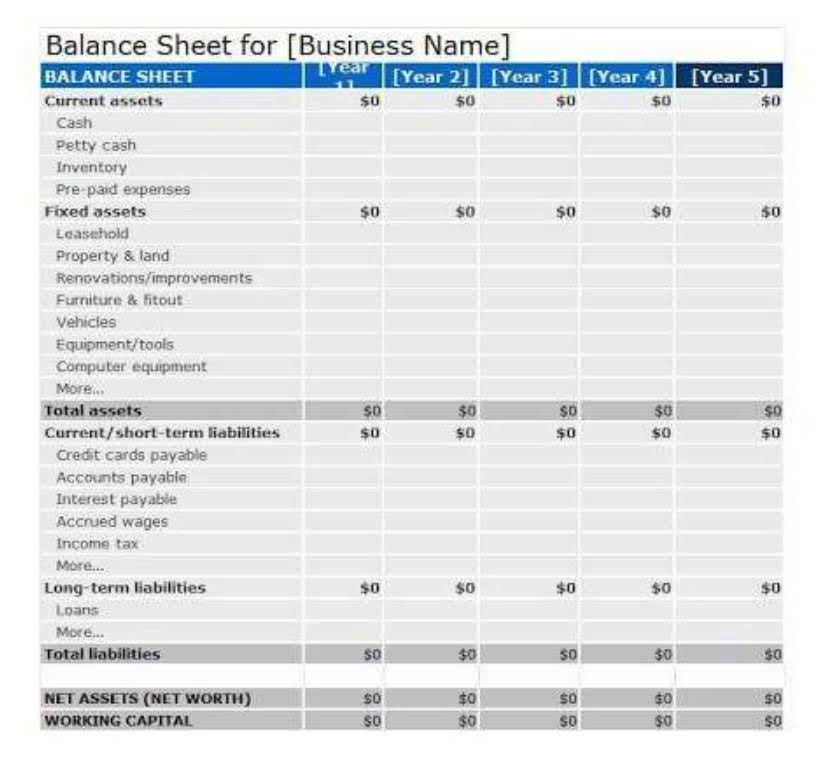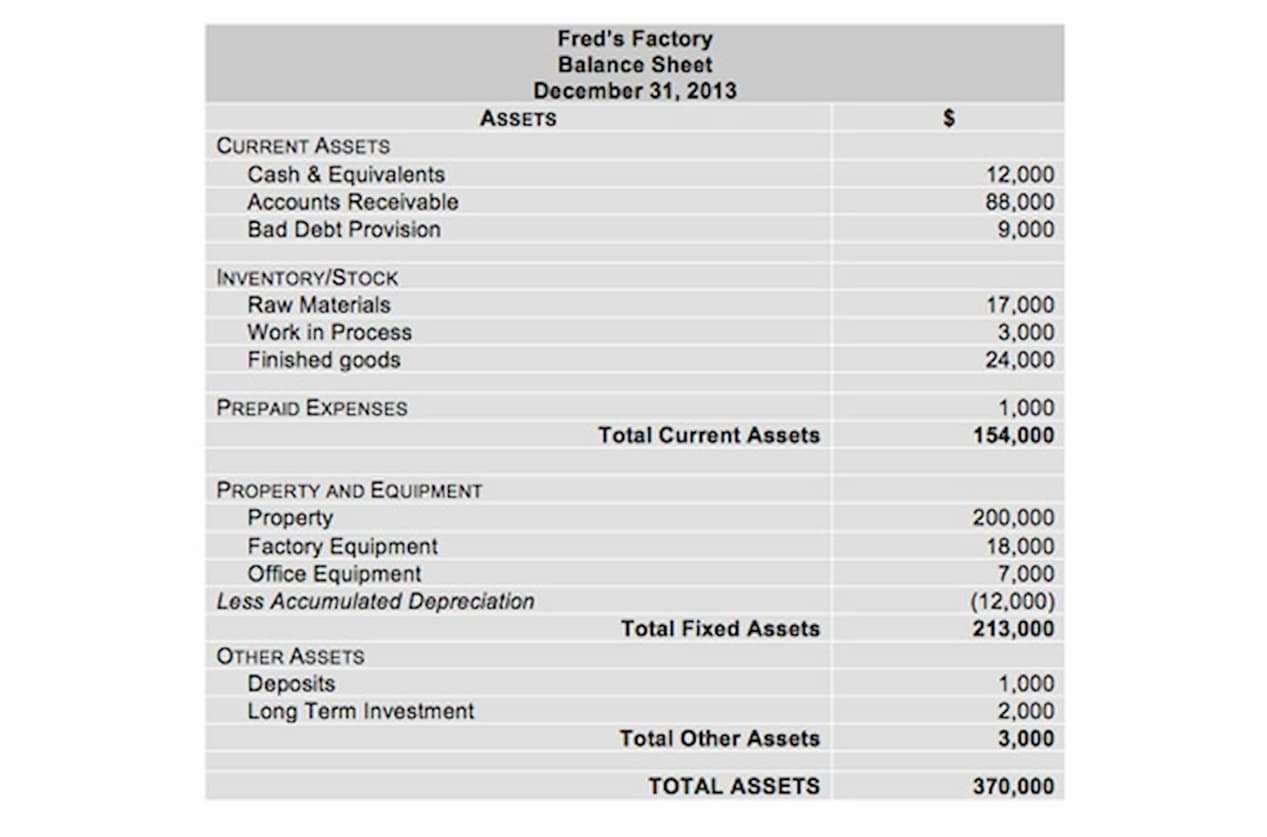
Their careful dealings help protect the business financially, while also keeping a good relationship with all stakeholders. However, for bookkeepers to be able to ensure positive cash flow, vouchers must always be sent straight after approval and payments must be made on time. Managing, bank account reconciliations, tracking expenditures, and report generation are tasks that are incredibly consuming in every sense. However, with the aid of a proficient bookkeeper, one can reclaim significant time spent on these activities. Plan your taxes strategically to maximize deductions, credits, and incentives available to retail businesses. For retailers, this primarily includes sales revenue from products sold to customers.
Scaling the Bookkeeping Business
Current liabilities encompass short-term obligations, such as accounts payable, accrued expenses, and short-term loans. Non-current liabilities include long-term debt and other obligations that extend beyond one year. Timely deliveries and accurate order fulfillment are essential for efficient inventory management. Reconciliation is the process of retained earnings comparing recorded sales with actual payments received.
- Ideally, you also want to find a bookkeeper or accounting firm that has experience in your industry.
- A business must choose an accounting method that matches its operations; the choice determines how transactions are recorded.
- Accurate bookkeeping helps you trace your firm’s financial records and evaluate its performance levels.
- However, it’s important to note that starting a bookkeeping business requires investment in time and resources to build a client base and establish a reputation.
- Meticulous tracking of all income and expenses is the foundation of accurate bookkeeping.
Step 4: Prepare your business’s financial statements
If you’re ready to explore how automating your bookkeeping can transform your business, check out FinOptimal’s automation solutions. This includes categorizing and tracking all income, expenses, and other monetary activities. For small businesses, bookkeeping involves more than just recording numbers; it’s about maintaining an organized and accurate financial record. Bookkeeping is crucial for small businesses as it helps track financial transactions and shows your business’s financial health. Proper bookkeeping helps you make smart decisions, stay on top of taxes, and improve your business’s success.
Bookkeeping & Accounting Automation

This can involve automating repetitive tasks, outsourcing non-core activities, and negotiating better deals with your suppliers. To learn more about growing and scaling your bookkeeping business, check out this resource from Entrepreneur.com. To improve online visibility, bookkeepers can use search engine optimization (SEO) techniques.
- These negotiations can lead to discounts, extended payment windows, or bulk purchase deals that can positively impact cash flow.
- For instance, adopting software that automates data entry and reconciliation can save hours of manual work.
- If you enjoy organization and numbers and have experience with bookkeeping, starting your own business offering this service might be a smart career choice.
- Bookkeeping provides a foundation for robust resource and reference management to make informed decisions that enhance business performance.
This information aids in tracking accounts receivable and managing cash flow effectively. To control expenses effectively, retail businesses employ advanced accounting software that categorizes and tracks expenditures. A well-structured chart of accounts tailored to retail operations is a fundamental tool in achieving this. This article provides a step-by-step guide on how to set up such a chart, ensuring that retail businesses can efficiently track their finances while making informed decisions. Small businesses often find the double-entry bookkeeping system most beneficial as it increases accuracy through its cross-checking mechanisms. For ease of use, a cloud-based bookkeeping software tailored to small business needs is highly recommended.

The LIFO accounting method
It helps them ensure they are not overspending and gauging when they might need additional capital or adjust business strategies. Through Bookkeeping for Any Business Industry detailed financial analysis, stakeholders can ascertain a company’s viability and performance. This analysis facilitates informed decision-making, ensuring the company’s financial practices align with its strategic goals.
- It provides a snapshot of a company’s financial health at a specific point in time, offering a clear picture of its assets, liabilities, and equity.
- Bookkeeping is a subset of accounting and involves recording financial transactions.
- QuickBooks is a popular accounting software that has been around for over 30 years.
- By comparing these records, bookkeepers identify and resolve discrepancies, such as unrecorded fees, duplicate transactions, or incorrect entries.
- Although bookkeeping is an investment, it’s generally much more affordable than attempting to correct costly mistakes down the road.

In the dynamic and fast-paced world of wholesale and retail, managing finances is a critical aspect of business success. Bookkeeping, the systematic recording of financial transactions, plays a pivotal role in ensuring that these businesses thrive. Effective bookkeeping bookkeeping and payroll services practices are essential for maintaining the financial health of a business.

Accurate bookkeeping is essential for businesses to maintain financial health and ensure compliance with various regulations. Accurate tracking of expenses and income is fundamental for understanding financial performance. Expense tracking helps in monitoring the cash outflows and controlling unnecessary expenses, while income tracking reflects the business’s profitability. Properly managing invoices and payments ensures that businesses keep track of what they owe and what is owed to them. They also need to ensure that invoicing is done promptly and that payments are collected on time to maintain healthy cash flow.

